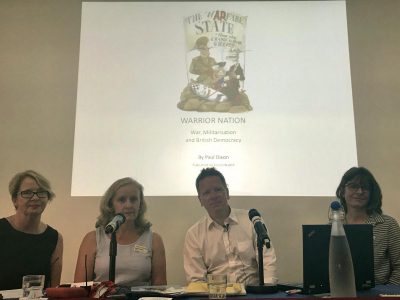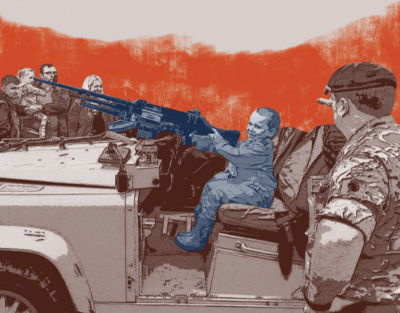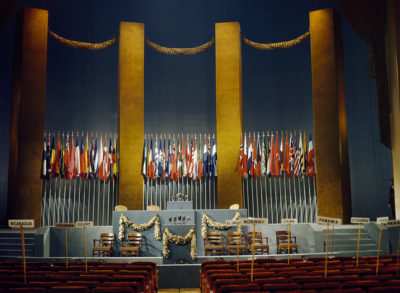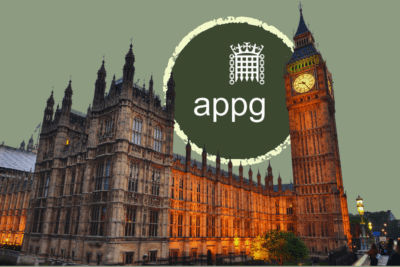Warrior Nation – ‘the hidden power of the military’
ForcesWatch comment

Written by leading defence academic Paul Dixon, of Birkbeck, University of London and published in the run up to Armed Forces Day on 30 June, the study considers how a ‘militarisation offensive’ has increased the military’s influence on British politics and society in recent years.
Speaking during the launch at Friends House in London Paul Dixon explained that the Armed Forces Covenant – a moral contract between British society and the military – was ‘an invention by the military in the year 2000’, which has since been used to promote military interests in wider society such as support for the Afghan war from 2006.
The study looks at how the military actively pushed for escalation of Britain’s involvement in the wars in Iraq and Afghanistan but then deflected responsibility for their failures onto politicians.
It focuses on how successive governments have struggled to contain the power of the military and how senior military figures have broken with convention to publicly criticise politicians – and in particular Jeremy Corbyn, since his election as leader of the Labour Party.
Paul pointed out that under Corbyn Labour has now committed to a 2% target on defence spending, but said that ‘having achieved that the next goal (for the military and its supporters) is to push it up to three per cent.’
What he called ‘the hidden power of the military’ had been with us for the long time but has ‘bubbled to the surface a bit more since 2003.’ For evidence he points to the Chilcot Report which investigated the decision making around the UK’s involvment in the invasion and occupation of Iraq in 2003. This report ‘produces evidence of the power of the military in pressurising governments to do its bidding.’
Joanna Bourke – Professor of History and author of ground-breaking books on militarism in social culture – then made the point that ‘the UK has the 4th largest military expenditure in the world.’
Joanna talk focused on cultural militarism, exploring how recent memoirs from veterans of Iraq and Afghanistan are very different to those that came out after previous wars. Many glorify war and the violence it is based on. She said that there was a likelihood of ‘ever greater militarisation as the armed forces seek to expand their influence’ but added a positive note that ‘there are numerous ways to tackle forms of ritual, vicious militarising of our society.’
Her contribution was followed by that of ForcesWatch Coordinator, Emma Sangster who explored ways in which militarisation of civil society has played out and its consequences today – in education, public authorities and civil society organisations, and in the public space. She said that ‘a hundred per cent of local authorities in England, Scotland & Wales have signed the Armed Forces Community Covenant’ which pledges them to encourage public support of the armed forces as well as improve their access to services.
‘Military interests have become more structurally embedded in education, leading to a conflict between the interest of defence and education…. The military is being prompted in numerous ways through the education system, recruitment is in everything.’
The Army’s ‘own head of recruitment, ten years ago, said their approach is to reel young people in drip by drip.’
The presentations are available to watch.
Download or order Warrior Nation: War, militarisation and British democracy by Paul Dixon
See more: military in society, Armed Forces Day, ForcesWatch, Warrior Nation
Like what you read?
> Sign up for our newsletter or blog notifications
> Support our work – from just £2 a month










